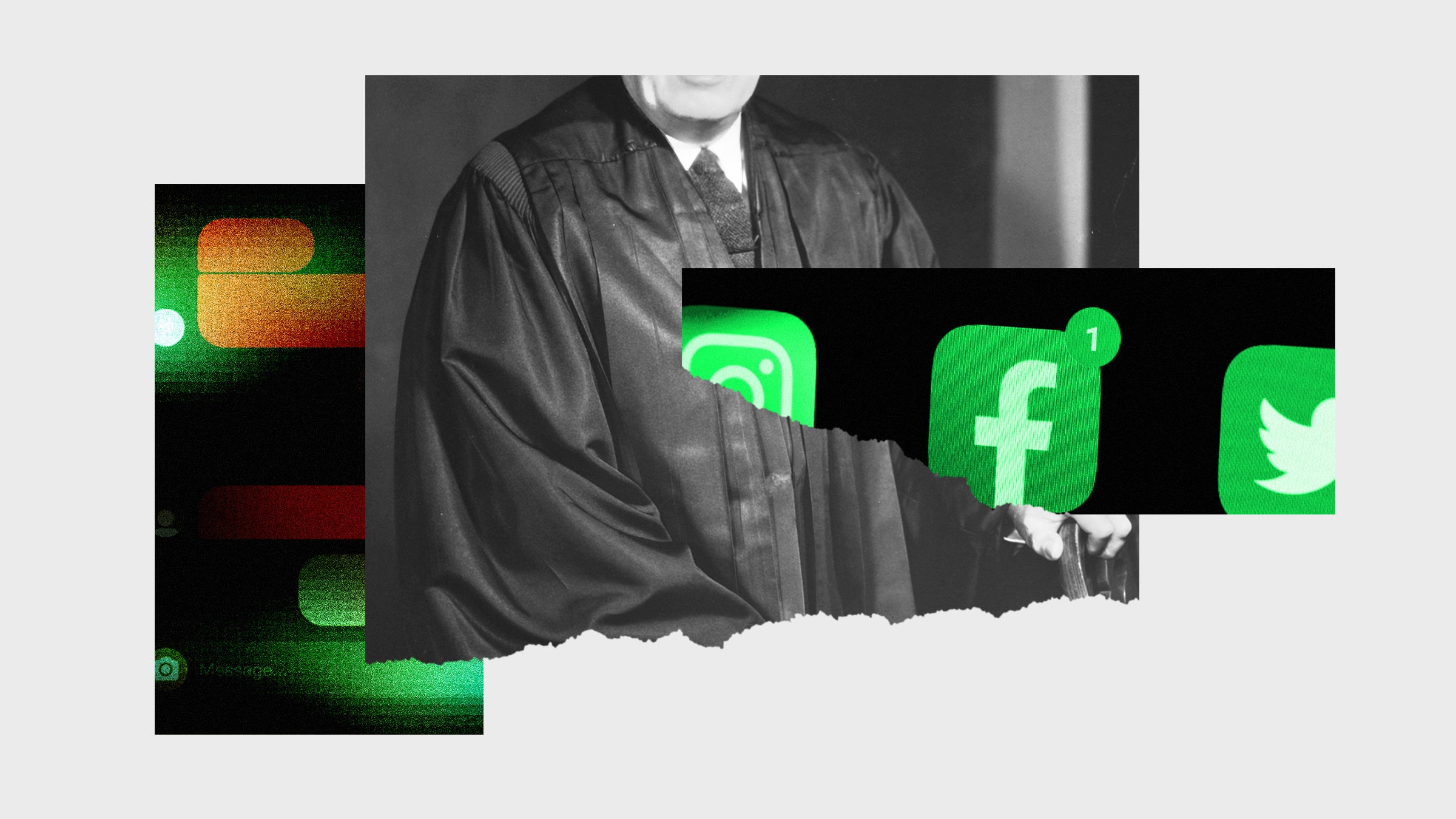
Survivors Suffer When Judges Misunderstand Social Media
HAVEN’s services include accompanying sexual assault complainants to court. Sinclair recalls one case in which an assailant continuously sent threatening Snapchat messages to his victim, promising harm if she reported him to police. The judge struggled with understanding the platform’s auto delete functionality, wondering why there wasn’t any proof of messages allegedly sent. “That was very confusing to the judge,” says Sinclair. “The defense was arguing that the proof was no longer there. We went around and around and around.”
That the court system is ill-equipped to process sexual assault cases involving social media isn’t just lagging; it’s scary. In another case, Sinclair brought Facebook posts to the attention of a judge on behalf of a client who had a personal protection order against the man who wrote them. The order stated that the man was banned from posting about Sinclair’s client, but the judge didn’t see how Facebook posts—even in violation of a personal protection order—were within his purview.
Social media and digital communications are fundamental to how we live. They preserve records of relationships and transactions, charting the histories of dynamics that can eventually turn criminal. For judges to allow their understanding to stay inadequate creates perilous conditions for survivors.
“Judges and judicial ethics practitioners are aware that judges need to be competent in technology, and that includes social media,” says Marla Greenstein, executive director of the Alaska Commission on Judicial Conduct and a member of the American Bar Association Judicial Division.
The Judicial Conference of the United States, which is the federal policymaking body overseeing judges in the US, does not currently ensure that judges understand social media. Individual states have judicial education representatives who are responsible for continuing education, but the level of education varies, and tends to focus more on how judges conduct themselves on social media, not how the public uses it. Judges, while not forbidden from having personal social media accounts, are expected to follow a long list of rules governing who they communicate with and what they can say. A social media tip sheet published by the American Bar Association’s Judicial Division includes reminders such as not posting the dates or locations of judicial meetings, not hinting toward the likely outcome of a case, and to be careful about what they endorse with likes.
According to the Judicial Conduct Reporter, published by the National Center for State Courts, social media misconduct was the basis for 14 judicial discipline cases in 2021. One was a judge asking for Red Cross donations in the wake of Hurricane Florence. Others involved commenting on cases or providing casual legal advice. Occasionally, disciplines involve judges using social media for sexual purposes. In 2022, a judge in New York was removed from office for “posting, disseminating, and/or approvingly commenting on sexually charged content or images on Facebook that were demeaning toward women,” according to the NCSC. The same year, in Kansas, a judge shared and requested sexually explicit photos with a complainant and complainant’s wife through a dating site. It’s easy to see why some judges view personal social media use as a disruption to impartiality, or fear that logging on will lead to reprimand. For others, a generational gap is to blame for misunderstanding social media as merely superfluous or distracting.

